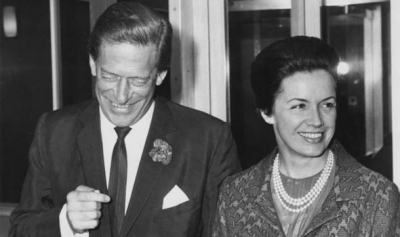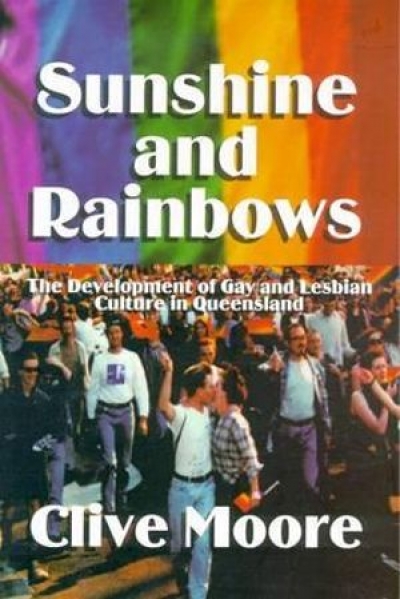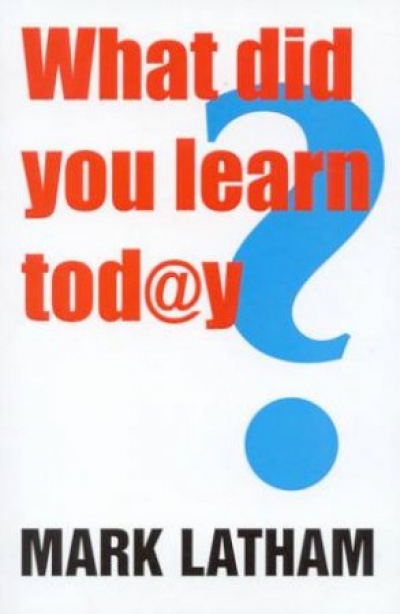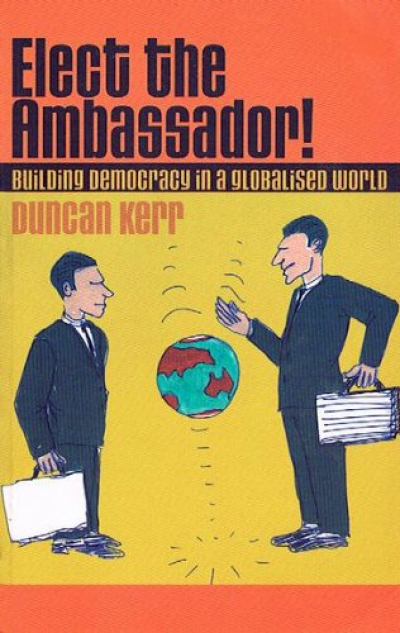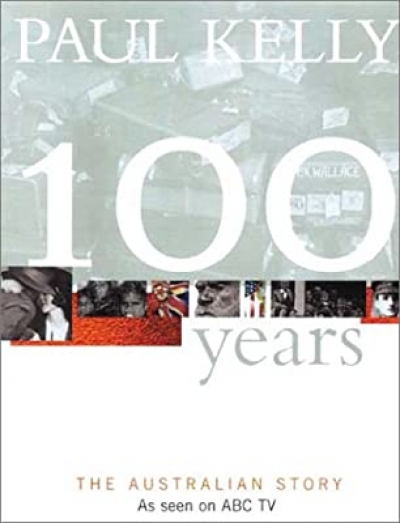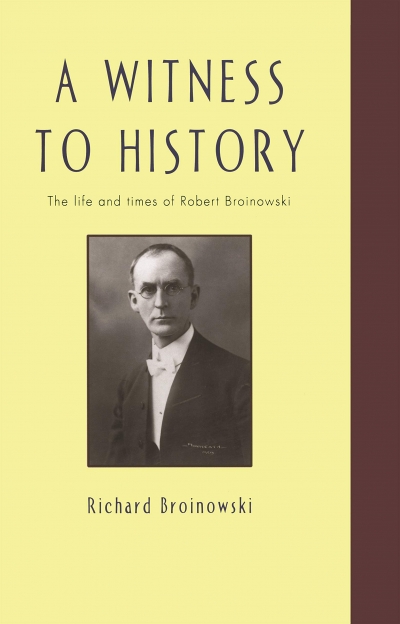Archive
It isn’t difficult to establish conversational tone in writing. And since a column about language and usage ought to be a conversation, we’ll go for that tone. Let’s start with a workout for a current, overused device. There’ve been three of them before this sentence: four now. You’ll find them if you look (Five.) Yes, we’re looking at the conversational contraction, and it’s time to stop counting.
... (read more)Readers will notice major changes in this second issue of ABR for 2001. The cover looks notably different, courtesy of Chong, Text Publishing’s inimitable designer. I was delighted when Chong offered to redesign our cover. Our changed masthead seems sensible, for the magazine is known widely as ABR, after all. Readers can expect more design changes in coming issues.
... (read more)It’s funny about Australia and me. For the first thirty years of my life, I longed to get out of it, and now I can never wait to come back! I have lived in England for forty-two years. I have a marvellous marriage, an English son, three English stepsons, fourteen English grandchildren, and a host of devoted English friends. I love England, the countryside and the changing seasons, from the film of green announcing spring to the glory of autumn and the magic of seeing the bones of the landscape through bare trees in winter. The sound of English birds thrills me. Were I banished, the recollection of the ‘chukka-chukka’ of pheasants (all right, I know they were originally Chinese!) going up to roost would reduce me to tears.
... (read more)Sunshine and Rainbows: The development of gay and lesbian culture in Australia by Clive Moore
Coming upon the fertile fields of Mildura after miles of dry Mallee shrub you have the sense of entering an oasis. For a writer, arriving at the Mildura Festival elicits a similar response: here, at last, is a place to be refreshed and fed, metaphorically and literally. It is a friendly and delicious affair, where writers are fêted because their work is valued and where enjoyment seems raised to a fine art. If ever writing was thought to be food for the mind, then here food for the body is regarded as spiritual nourishment as well.
... (read more)Few people come to Gunning, NSW, population 530, for something to read. Before 1993, people came because they couldn’t avoid it. The Hume Highway used to bring 3000 semitrailers a day along the main street. ‘At least you got to read the bumper stickers,’ one resident said when I moved here’. Because it was sure as hell impossible to talk.’
... (read more)

